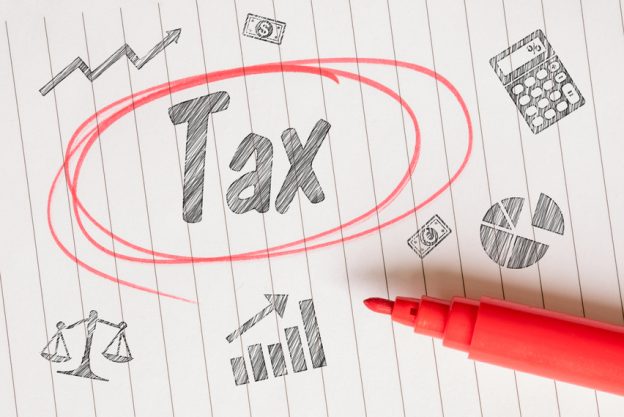
HMRC choose Ipsos to administer research among UK based landlords covering subjects including tax, tax agents, investment behaviour and future outlook.
The research found that 24% of the surveyed landlords had an intention to sell some of their rental properties within the next year.
This figure rises to 33% over the next 5 years and comes at a time when making tax digital is becoming relevant from April 2026 for individual landlords who run their business outside of a limited company.
59% of the landlords who planned to decrease their property portfolios stated that changes to tax rules was the main reason for making the decision to sell.
One of the main tax rule changes experienced by landlords relates to tax relief on buy to let mortgage expenses.
From April 2020 landlords have been unable to deduct mortgage interest costs from their rental income and now only receive a tax credit equivalent to 20% of mortgage interest payments.
This change has been less favourable for higher-rate taxpayers, who previously enjoyed 40% tax relief on mortgage interest.
Key landlord research figures:
- Ninety three percent of survey participants owned rental properties individually, with 5% through a partnership and 7% using a limited company business structure.
- In general, landlords typically owned a limited number of properties with over half (55%) of landlords owning a single rental property, 35% managed between two and five properties, 7% had six to ten properties, and 3% owned more than ten.
- Individual landlords were most inclined to own just one property, with 57% doing so compared to 15% of company landlords and 25% of partnership landlords.
Larger portfolio landlords more likely to sell
Nearly 73% of landlords indicated plans to maintain their current number of rental properties over the coming year.
As the number of properties increased, landlords were more inclined to modify their portfolios, primarily by reducing them.
A significant majority of landlords with only one property, about 80%, planned no changes to their portfolio in the next year, whereas only 48% of those with 11 or more properties shared this intention.
Among those owning 11 or more properties, 15% planned to expand their portfolio, while 35% aimed to downsize, in contrast to just 2% and 16% respectively among single-property owners.
Making tax digital for landlords using a limited company isn’t a reality currently but may well be implemented in the future, bringing with it different reporting requirements.
Looking further ahead, landlords were also asked to consider their strategies for the next five years.
Of these, one-third (33%) planned to decrease their property holdings, while 8% anticipated expanding, and 53% expected to keep their property portfolios unchanged.
Income from rental property by landlord type
In the previous tax year, the gross rental income accrued from their rental properties differed according to the landlords’ ownership status.
The research reported that in the last tax year 63% of landlords made less than £20,000 annual gross rental income from their rental properties.
Approximately 52% of landlords reported earning less than £10,000 in profit from rental properties during the previous tax year, with an additional 5% stating they did not earn any profit whatsoever.
In contrast, only a small proportion, about 3%, managed to achieve profits of £50,000 or more in the same period.
When considering gross annual income, individual landlords typically realised lower profits compared to those operating as limited companies or partnerships.
Twenty eight percent of individual landlords reported profits of £10,000 or higher, while nearly half of limited company landlords (45%) and partnership landlords (48%) achieved similar profit margins.
Landlord rental property ownership by region
Landlords predominantly held properties in the South East and London but these were not the locations where landlords owned the greatest number of rental properties.
Typically, landlords owned two properties in the South East and London, but this number increased to four properties in the North East of England and Scotland.
Landlords tax submission process
Landlords cited tax rule changes as the most common reason for wanting to reduce the number of rental properties they own, but the survey also found that a healthy proportion generally found it easy to either file their tax return or prepare what they needed for their accountant or tax advisor.
Figures show that landlords who managed their own tax returns a total of 62% reported that handling their tax matters was straightforward, with 13% describing it as very easy and 49% as fairly easy.
Of the landlords who employed a third party for filing tax returns related to their rental properties, 68% reported that gathering the necessary information for their accountant or tax agent was straightforward, with 22% describing it as very easy and 46% as fairly easy.
Notably, landlords intending to downsize their property portfolio in the coming year described the process as less straightforward (52%) compared to those who planned to maintain their current number of properties (64%).
The primary reason given by 82% of landlords who struggled with filing their tax returns was the perceived complexity of tax and the lack of clarity of the tax rules.
Making tax digital (MTD) for landlords may bring additional issues for a number of landlords with more frequent reporting requiring additional interaction with the tax submission system.
Reference: You can find the complete landlords research publication here https://www.gov.uk/government/publications/landlords-research







